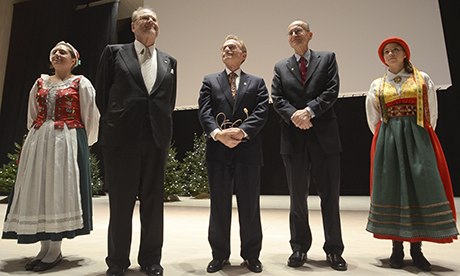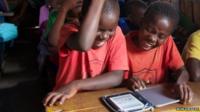scientificamerican.com - Feng Zhang is one of the founders of Editas Medicine, which aims to use CRISPR gene-editing technology to treat disease.
Instead of taking prescription pills to treat their ailments, patients may one day opt for genetic 'surgery' — using an innovative gene-editing technology to snip out harmful mutations and swap in healthy DNA. The system, called CRISPR (Clustered Regularly Interspaced Short Palindromic Repeats), has exploded in popularity in the past year, with genetic engineers, neuroscientists and even plant biologists viewing it as a highly efficient and precise research tool. Now, the gene-editing system has spun out a biotechnology company that is attracting attention from investors as well.
Editas Medicine, based in Cambridge, Massachusetts, announced its launch on 25 November with an initial $43 million venture capital investment. The company, founded by five leading CRISPR researchers, aims to develop therapies that directly modify disease-related genes.








